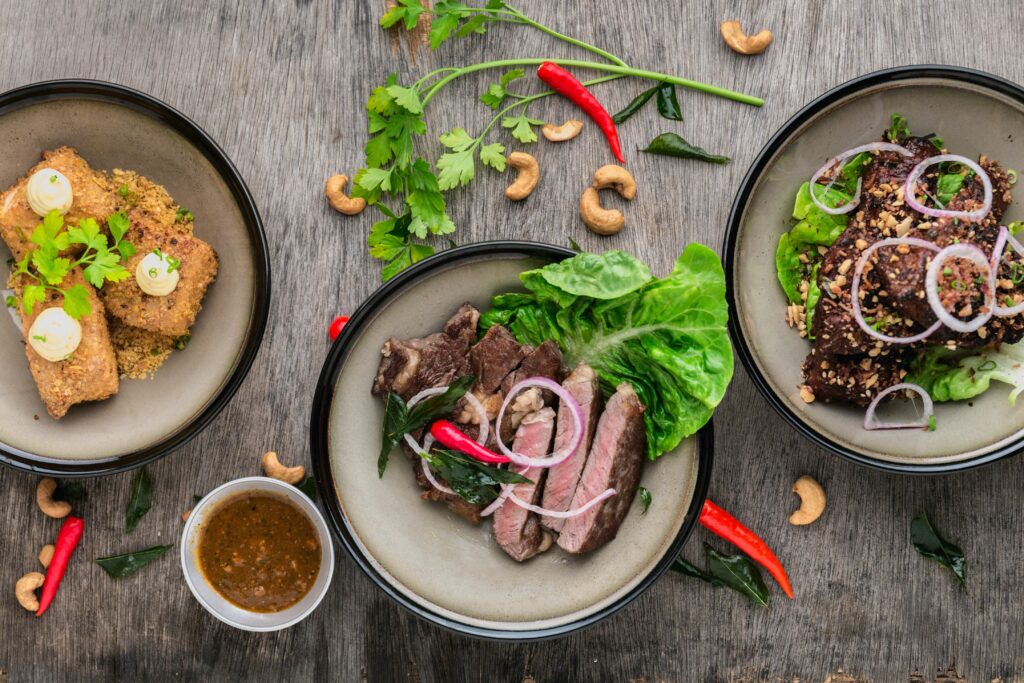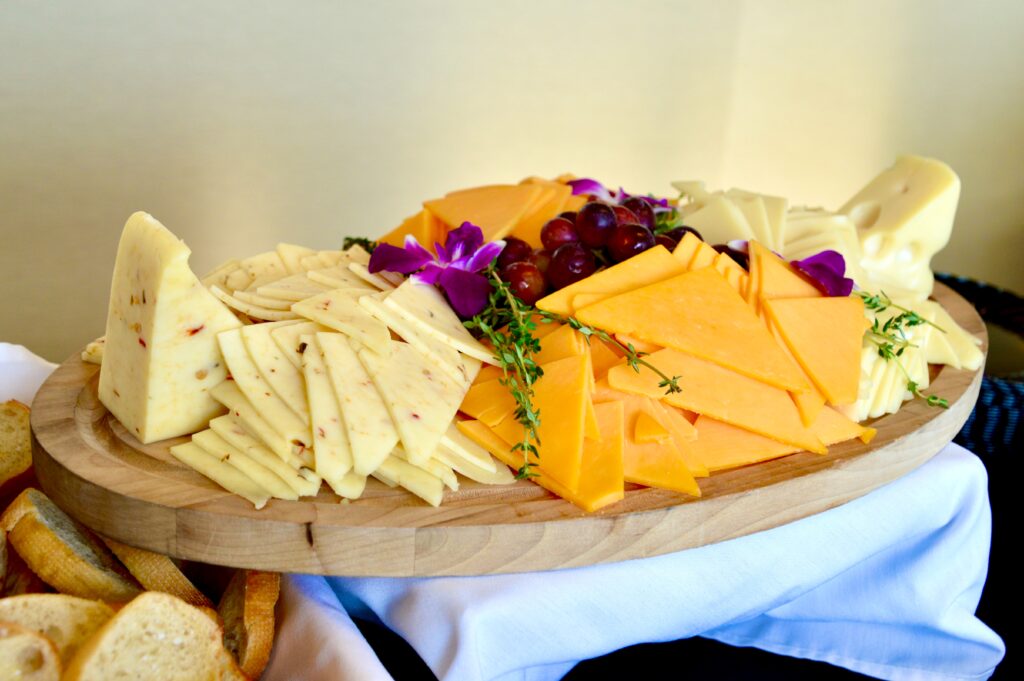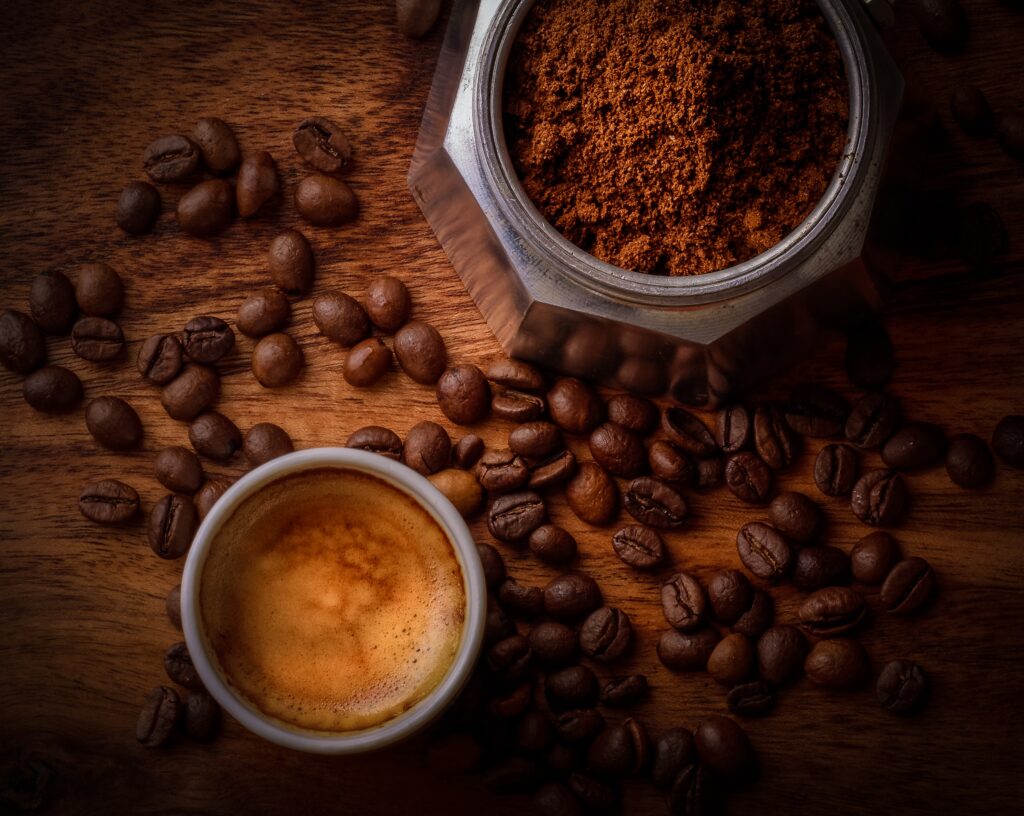Millions of people throughout the world suffer from chronic hypertension, sometimes referred to as high blood pressure. It happens when the blood’s constant pressure on the artery walls is too high, which puts additional strain on the heart and blood vessels. A mix of dietary adjustments, medication, and lifestyle changes are used to manage hypertension. Among them, nutrition is one of the most important factors in blood pressure regulation.
In this post, we’ll examine 10 foods that people with hypertension should stay away from in order to keep their hearts healthy.
What Foods Are Allowed and Not Allowed in Hypertension?
Before we delve into the specific foods to avoid, let’s clarify what foods are generally recommended and not recommended for individuals with hypertension. A heart-healthy diet for hypertension emphasizes:
- Whole Grains: Opt for whole grains like brown rice, whole wheat, and quinoa, which are rich in fiber and help regulate blood pressure.
- Lean Proteins: Choose lean sources of protein, such as skinless poultry, fish, beans, and legumes. These are lower in saturated fat, which is beneficial for heart health.
- Fruits and Vegetables: Colorful fruits and vegetables are packed with vitamins, minerals, and antioxidants that support heart health. They are also low in sodium, which is important for hypertension management.
- Low-Fat Dairy: Incorporate low-fat or fat-free dairy products to ensure you get essential nutrients without excessive saturated fat intake.
- Healthy Fats: Include sources of healthy fats like avocados, nuts, seeds, and olive oil. These fats promote cardiovascular health.
-

Photo by Lily Banse on Unsplash
Now, let’s shift our focus to the foods that individuals with hypertension should avoid to prevent worsening their condition.
1. Excessive Sodium
High sodium intake is a major contributor to elevated blood pressure. Processed foods, canned soups, salty snacks, and fast food are often loaded with excessive sodium. These foods can lead to fluid retention and increased strain on the heart, making it essential for individuals with hypertension to limit their sodium intake.
2. Deli Meats and Processed Meats
Deli meats and processed meats contain high levels of sodium and unhealthy saturated fats. These substances contribute to inflammation, negatively affecting blood vessel function and potentially worsening hypertension. Opt for fresh, lean meats instead.
3. Sugary Beverages
Sugar-laden beverages like sodas, energy drinks, and sweetened fruit juices can lead to weight gain and insulin resistance. Increased sugar consumption has also been linked to higher blood pressure levels, making it crucial to choose water, herbal teas, or unsweetened beverages instead.
READ ASLO; 5 Cheap & Healthy Drinks to Replace Soda With
4. High-Fat Dairy Products
While dairy is a part of a heart-healthy diet, high-fat dairy products like full-fat cheese and butter should be consumed sparingly by individuals with hypertension. These products contain saturated fats that can contribute to inflammation and arterial plaque buildup.

5. Canned and Packaged Foods
Canned and packaged foods often contain preservatives, additives, and high levels of sodium. These additives can elevate blood pressure and contribute to an unhealthy diet. Opt for fresh or frozen alternatives whenever possible.
6. Red Meat
Red meat, especially fatty cuts, can be detrimental for individuals with hypertension. It contains saturated fats that raise bad cholesterol levels and increase the risk of heart disease. If you choose to consume red meat, opt for lean cuts and limit portion sizes.
7. Trans-Fat Laden Foods
Foods containing trans fats, such as commercially baked goods, fried foods, and some margarine, are particularly harmful to heart health. Trans fats not only raise bad cholesterol but also lower good cholesterol, leading to an increased risk of hypertension and other cardiovascular issues.
8. Excessively Caffeinated Foods and Drinks
While moderate caffeine consumption may not significantly impact blood pressure, excessive intake of energy drinks, strong coffee, and caffeine-rich supplements can lead to temporary spikes in blood pressure. Moderation is key.

9. High-Sugar Snacks
High-sugar snacks like candies, cookies, and pastries provide little nutritional value and can contribute to weight gain and insulin resistance. They also indirectly affect blood pressure through their impact on overall cardiovascular health.
10. Alcohol
Excessive alcohol consumption can raise blood pressure and interfere with hypertension medications. While moderate alcohol consumption may be acceptable for some individuals, it’s crucial to consult a healthcare professional about safe limits.
LEARN HOW TO PREPARE SMOOTHIES, SALADS, JUICES, AND CHAPMAN FROM THE COMFORT OF YOUR HOME, CLICK HERE to get started
All in All
Always consult a healthcare provider or registered dietitian before making significant dietary changes, ensuring a personalized approach to hypertension management. Remember, the journey toward better heart health begins with the choices we make in our everyday meals.
















[…] to be on medication to manage their blood pressure. However, lifestyle modifications, such as a heart-healthy diet and regular exercise, can still make a significant difference in managing blood pressure and […]